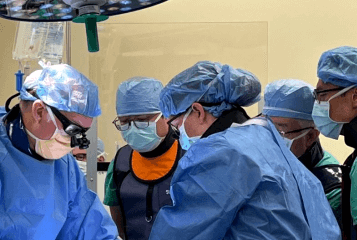Comparative analysis of single and repeated treatment with mesenchymal stem cells in liver repair
Analyze the efficacy of single vs. repeated mesenchymal stem cell (MSC) treatments in liver repair. This study compares treatment regimens, assessing regeneration, fibrosis reduction, and long-term outcomes. Discover key findings impacting future liver disease therapies.















